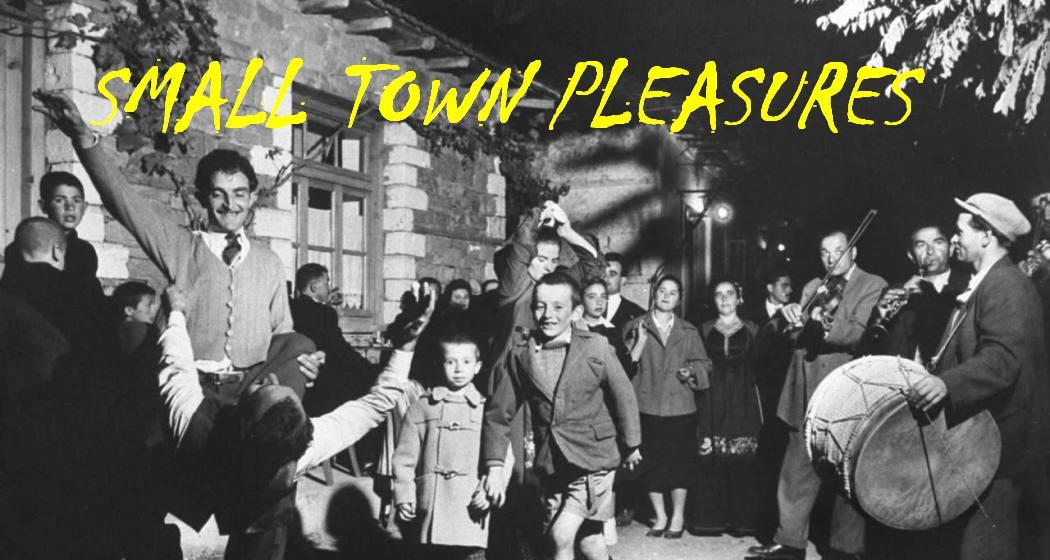


Wayne Fontana and the Mindbenders first emerged out of apprentice telephone engineer Glyn Geoffrey Ellis' daydreams of becoming a successful pop performer. Rechristening himself Wayne Fontana after Elvis Presley's drummer, DJ Fontana, Fontana's first band was the Jets, a staple on the Manchester circuit through 1961-1962, but one which was doomed to failure.
Renaming the band after Dirk Boarded's then-recently released hit movie The Mindbenders (Fontana, of course, was allowed to keep his name!), the quartet's first release, in June 1963, was a cover of one of the aforementioned stage favorites, Fats Domino's "My Girl Josephine," retitled "Hello Josephine." It was not a major hit, peaking at number 46, and two further singles, "For You, For You" (October 1963) and a cover of the Diamonds' "Little Darling'" (February 1964), were even less successful.
But the label did not lose faith. After all, what sort of headlines would "Fontana drop Fontana" make? The band plugged on, and in May 1964, their version of Ben E. King's "Stop Look and Listen" made number 37. Again it was a tiny drop in the ocean, but this time the Mindbenders were able to capitalize upon it. By early fall, they were riding the Top Five with a spellbinding take on Major Lance's masterpiece of incoherence, "Um Um Um Um Um Um."
The Mindbenders' original recording of the song was produced by Rolling Stones manager Andrew Loog Oldham -- their label rejected it and insisted on a re-recording, cut with Fontana's own Jack Baverstock. The first recording remains unreleased; the remake soared to number five. An EP titled after the hit followed it to number seven, while the band's eponymous debut album reached number 18. As was standard at this time, the entire LP was recorded in one day, crammed in to a schedule which included their first major British tour, supporting Brenda Lee.
Meanwhile, back in the singles chart, the band was busy confirming their ascendancy with a skillful adaptation of Clint Ballard's "The Game of Love," featuring a moonlighting member of the Spinners folk group on backing vocals and a devastating Stewart guitar solo, played on a Les Paul borrowed from Jimmy Page. It reached number two in Britain and number one in America, despite being not only the Mindbenders' first Stateside release, but also one of the first releases on the American Fontana label...(to be continued!)
Here















































































.jpg)

